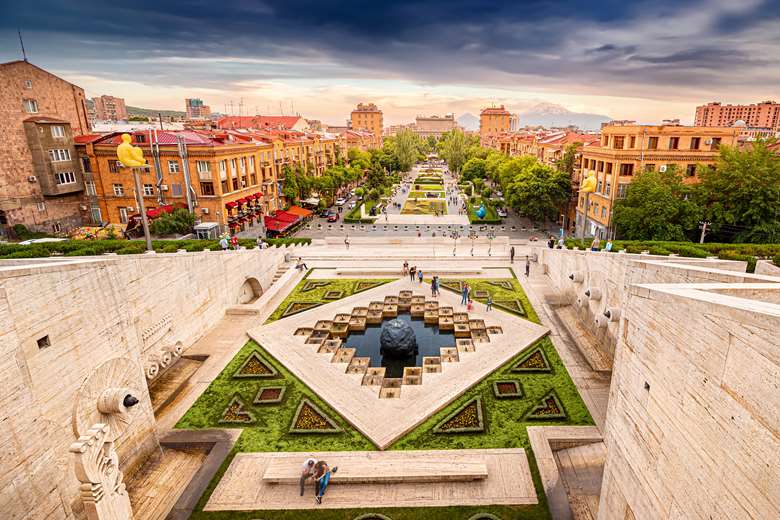European Festivals Association takes its assembly to Armenia
Simon Mundy
Thursday, September 29, 2022
The EFA's 70th anniversary assembly earlier this month was disturbed by shelling at the disputed border with Azerbaijan, but this only served to further focus the EFA on its goals, Simon Mundy reports


Register now to continue reading
Don’t miss out on our dedicated coverage of the classical music world. Register today to enjoy the following benefits:
- Unlimited access to news pages
- Free weekly email newsletter
- Free access to two subscriber-only articles per month